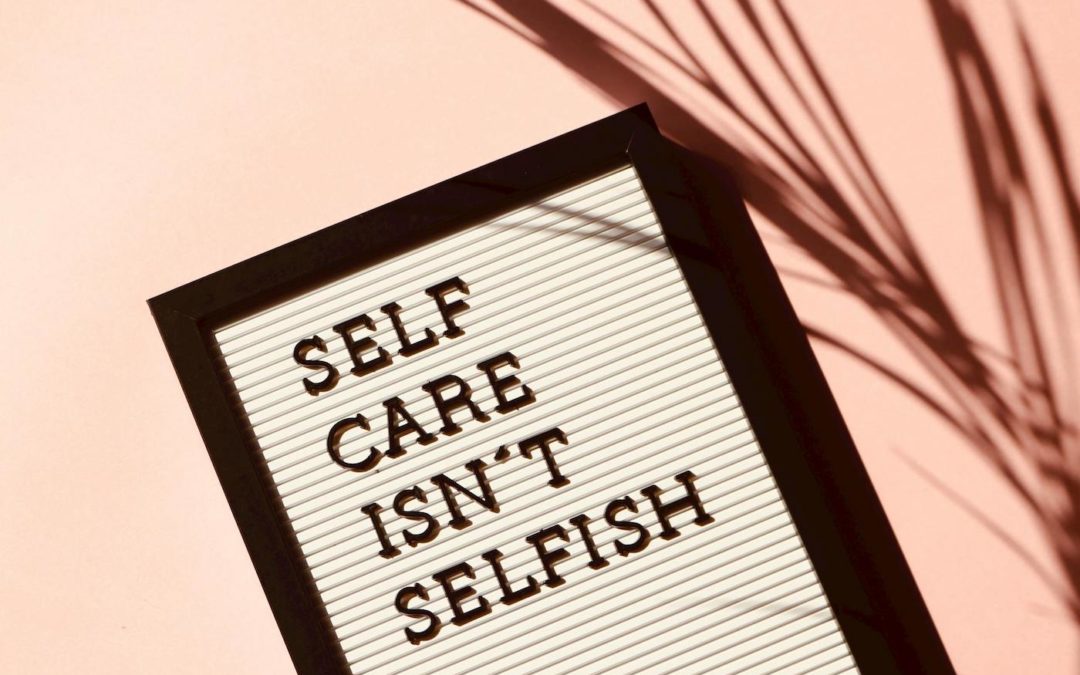More often than not, people know what to do to feel better and healthier on their own. They are conscious of the steps they need to take in order to reach health. They understand their doctor’s orders. But it may be easier said than done!
Lack of motivation, lack of time, overwhelm, blurred priorities, lack of accountability? Here are only a few of the common obstacles that might keep one from acting in their own best interest. And this is where the health coach comes into play. Now there is a health professional to support and guide you through it all. To encover with you your own vision of health and wellness. To develop and set short and long term objectives, and help you reach your best state of health and wellbeing.
The Health & Wellbeing Coach: Not a doctor nor a therapist
Welcome to the future of healthcare! There’s a brand new member that joined the big family of health professionals: the Health and Wellness Coach. But who is this creature of mystery?
Not a doctor nor a psychotherapist, the role of the health coach is at the frontline of personal health. Health coaching makes a great addition to other therapeutic modalities. That is because from his unique position, he overviews his client’s health and wellness as a whole, and can discover trends that have affected wellness. He will also discover his client’s strengths, and use them to create new routines and behaviours that will support the process put in place by other healthcare experts. He allows patients to create custom goals based on their unique vision of wellness and their personal health plan. He helps increase adherence to treatment by putting in place processes that support the client’s compliance with doctors orders.
Health coaching does not replace medical treatment. A health coach does not prescribes medicine or treatment. However his health-related background provides him with knowledge and understanding of many other health-related professions and topics, so that he can accompany patients and understand their experience. His role is to support and help clients better navigate their health journey.
Health and Wellbeing Coaches bridge the gap between healthcare professionals and the client by helping clients build health-promoting, positive, sustainable behavioural and lifestyle changes on an everyday basis. Unlike healthcare experts, through weekly meetings and follow-up, coaches can witness and accompany their client’s up and downs, gage motivation, witness challenges, and provide and redirect support when necessary.
Health coaching for a more compassionate, holistic healthcare experience
Like most coaches, the health and wellness coach deploys communication techniques such as mindful listening, principles of appreciative inquiry and motivational interviewing. In addition, he makes good use of SMART goals to insure efficiency. Wellness coaches provide much needed support and accountability to encourage a sense of competence, self-efficacy, agency and self-confidence in their client.
For a health coach, health is much more than being free of physical illness. The coach has a more holistic vision of health. To him, not only does it mean promoting a strong immune system, and nourishing your body with appropriate nutrients for optimal performance. But in addition, it means being healthy and resilient mentally, thinking clearly and feeling motivated. It is about feeling strong internally and externally, and feeling energetic and able to do the things you want to do. A health coach is thus a health professional who works with you in order to increase your overall feeling of wellbeing and happiness.
The patient at the center of his care
In health coaching, the client is in charge of his/her health. The client is the expert of their own body and wellness, and thus called a “client” and not a “patient”. The ultimate goal for the coach is to build in his client a sense of ownership, a sense of agency and confidence over their health decisions.
To do so, your health coach will:
- Be kind-hearted, supportive and compassionate;
- Offer a safe space free of judgment;
- Encourage independence and autonomy;
- Work with you to define a vision of your ideal state of health and wellbeing based on your values, priorities and needs;
- Help you uncover and expand your strengths;
- Listen to you and ask insightful questions;
- Promote self-acceptance, self-respect and self-esteem;
- Energise you to challenge yourself at the right moment;
- Show you how to coach yourself so you can replicate your successes;
- Help you overcome your personal barriers and limitations or negative thinking;
- Encourage self-efficacy – the trust that you can accomplish things on your own;
- Celebrate your successes;
- Offer education, guidance and ideas only when requested or necessary.
What are common health and wellness coaching goals?
Like doctors or mental health professionals, health and wellness coaches have different specialties based on interests, background, personal experience or continued education. Choosing the one trained in your particular area of interest is key. Here are some common goals one may address during health and wellness coaching with me:
- Experiencing more energy
- Feeling calm & finding balance
- A toned and fit body
- Reducing pain or dis-ease
- Increase body/mind awareness
- Managing chronic illness
- Reinforcing healthy eating habits
- Increase compliance to medical and therapeutic treatments
- Build a strong and fit body
- Restore energy and vitality
- Adopt a healthy or more active lifestyle
- Overcome barriers and limitations
- Find work/life balance
- Live with more joy, positivity and purpose
- Transcend challenging life changes
- Defeat unhappiness at work or in life
- Increase self-confidence and self-awareness
- Manage emotions
- Improve communication and relationships
- Manage stress and anxiety
- Increase self-esteem
- Practice self-care
- Manage weight
- Manage chronic pain
- Manage autoimmune diseases
- Improve attention & focus
- Participate actively in your health plan
In the end, goals and strategies to meet them are highly personal and vary from one-client to another. Three-months goals are usually reviewed every month so that the client can redirect and bring new topics to the table as new priorities arise.
Health coaching for chronic conditions
A mind-body approach
Chronic conditions and chronic pain affect us on a deep level. Dealing with such conditions is difficult mentally AND physically. It cuts you out from social life, challenges dynamics at home, alters your perceived personality, tastes and lifestyle, diminishes your performance at work, and deeply affects your sense of self and self-confidence. All-in-all, it touches you at your core.
It is easy to feel let down and to reach a point of what I call “medical burnout” —where keeping up with your medical duties and being your own health advocate while at the same time trying to keep up with an active life, is just too heavy for your own shoulders. One may then wish to seek a specialised, trained professional to accompany and support them on their long journey towards better health and a better life quality.
As with all therapeutic work, coaching is more beneficial when there is a positive therapeutic relationship between client and coach. Finding a coach that is engaging, involved, empathic and non-judgemental, and aligns with your needs and goals will ensure your success later.
How do health coaching sessions work?
Since coaching is not a one-time-fix-all medical consultation but rather a gradual evolution, it requires time for changes to take effect, as well as time for introspection and self-discovery. Three-months programs are therefore encouraged, so that the client is able to experiment with a variety of new strategies, build new life habits that stand the test of time, and start seeing lasting results.
In my practice, the process goes as follow:
Initial interview: After an initial wellness assessment, the first coaching session lays the foundation for the whole coaching process. Client and coach will collaborate to develop the client’s personal Wellness Vision: a visualisation exercise to vividly paint what their ideal state of health and wellness would look like, and put it down in writing for future reference. Next they start creating a roadmap. After identifying the client’s priorities, strengths, previous strategies and obstacles, they start creating a set of 3-months wellness objectives. Based on all this background information, they are now ready to define together their first set of SMART goals for the week/month.
Weekly/monthly sessions: During those routine sessions, client and coach review and discuss the client’s progress towards the weekly goals. They explore any challenges encountered since they last met, and define new strategies to overcome any encountered obstacle. Then they set new SMART goals for the next week.
Monthly review: Once a month, client and coach assess progress and review wether the weekly goals put in place are still aligned with the bigger 3-months objectives and the client’s personal wellness vision. During the 3-months review, client and coach review progress and celebrate successes.
Summary
I hope this has clarified what a health coach does and does not do, and how it can be useful to you. Do you have any question about this article or health and wellness coaching in general? Comment below!
Do you feel like health coaching could be just what you needed? Then let’s connect here!




